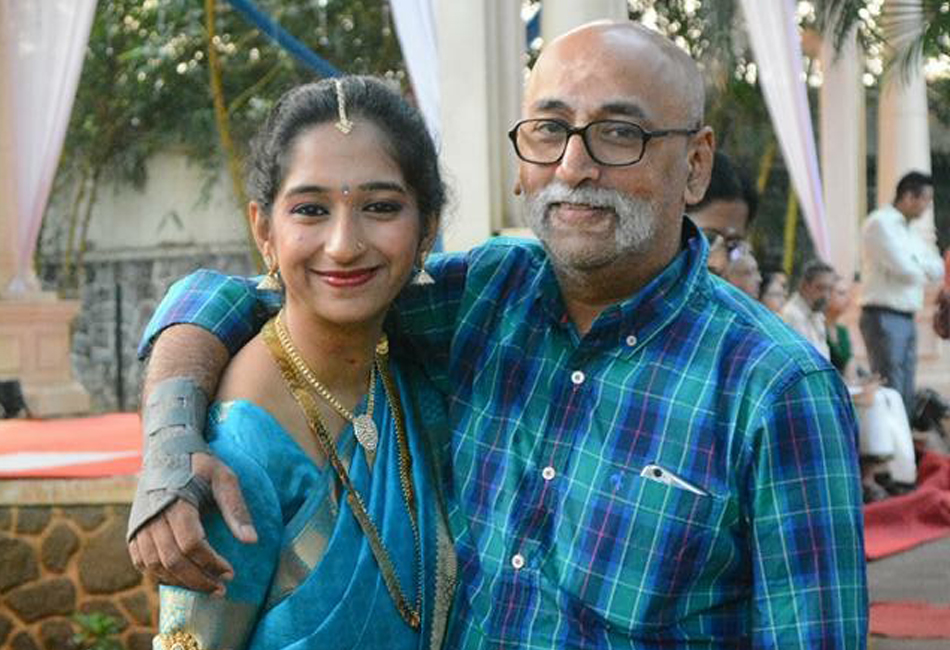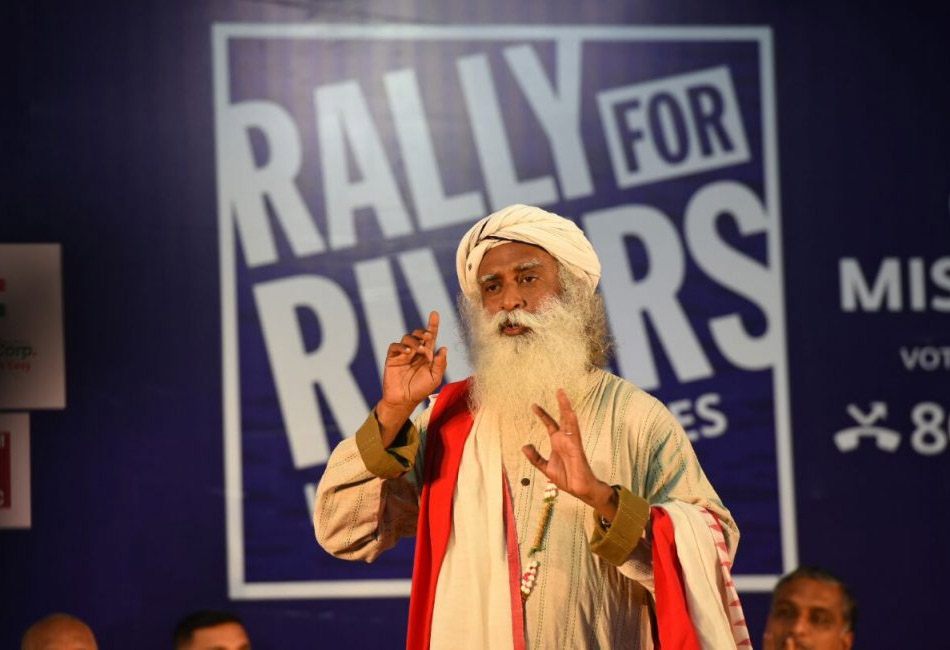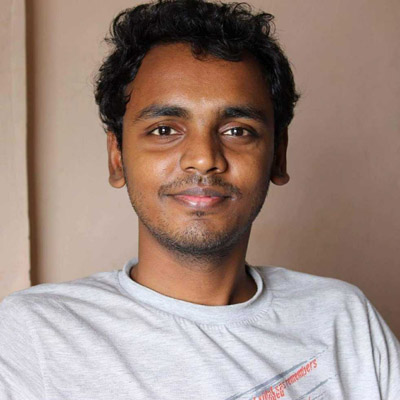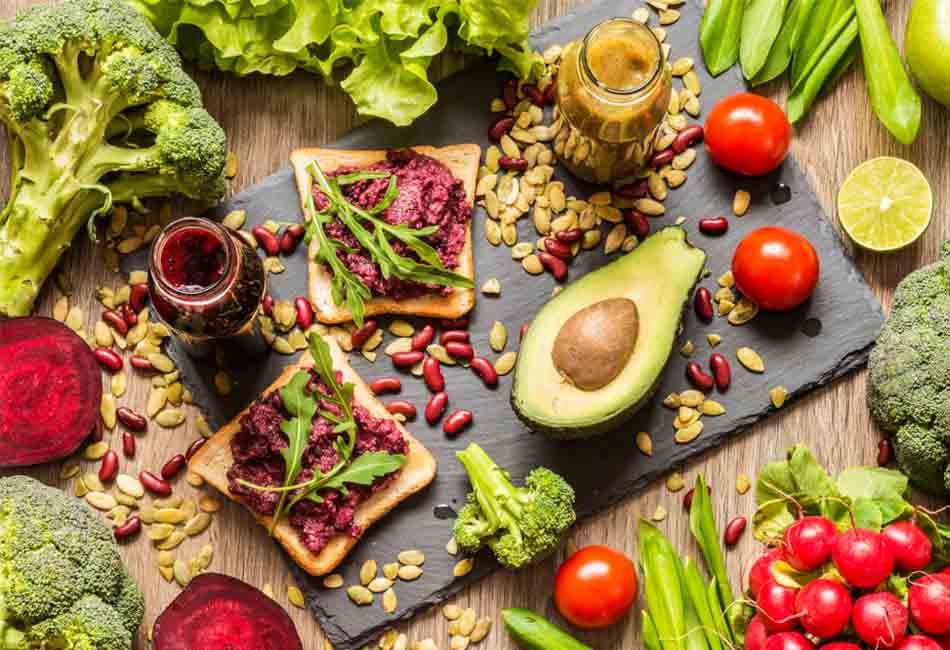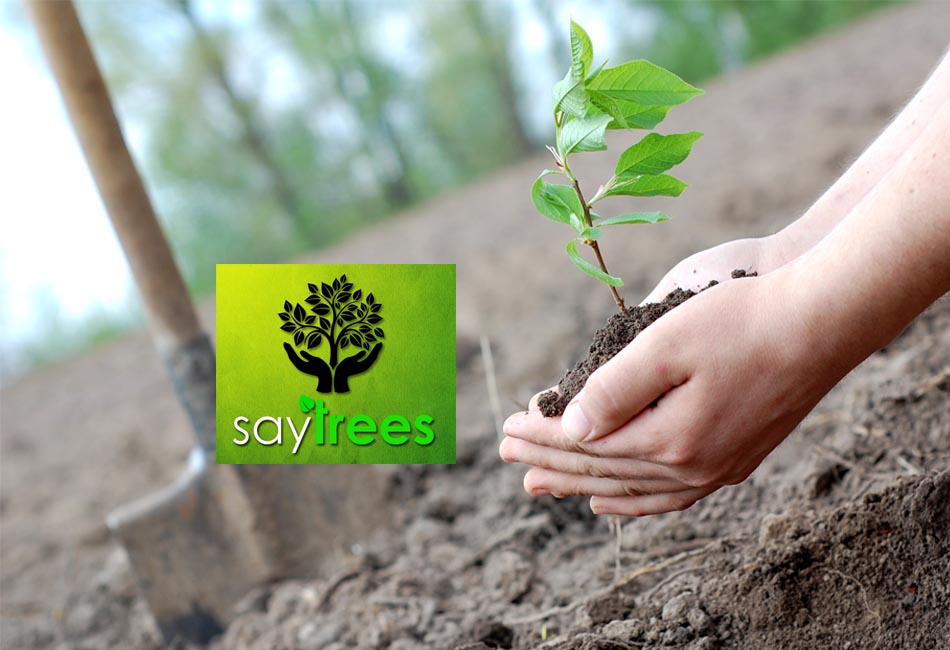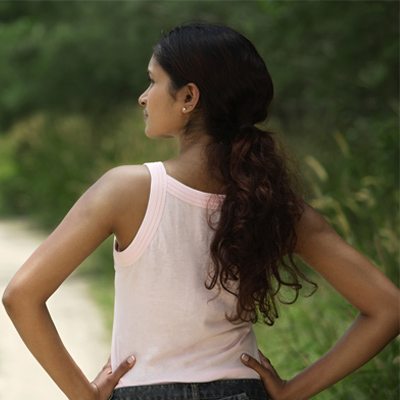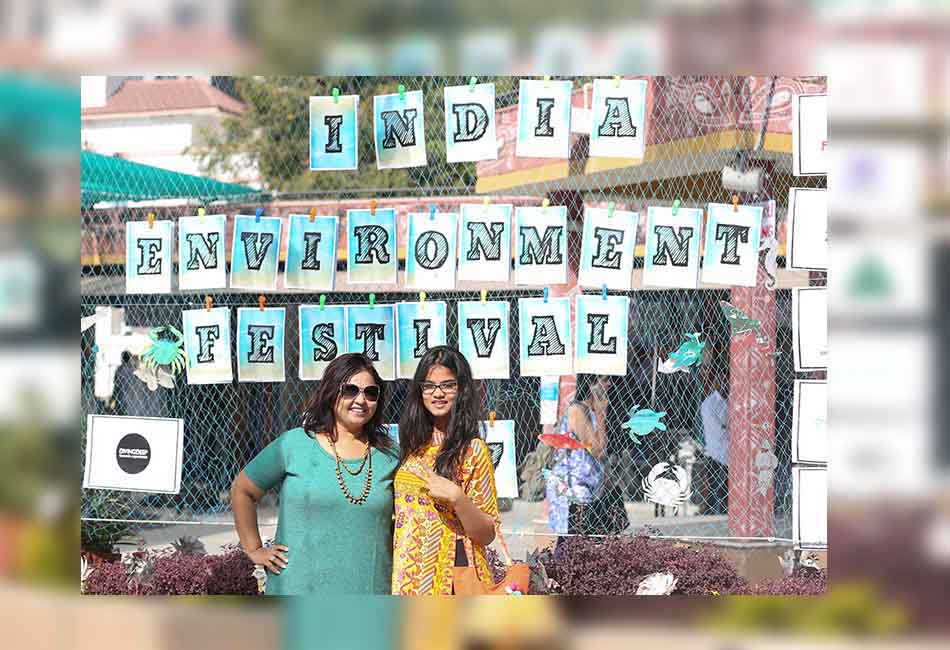Download Free Vegan Starter Kit -
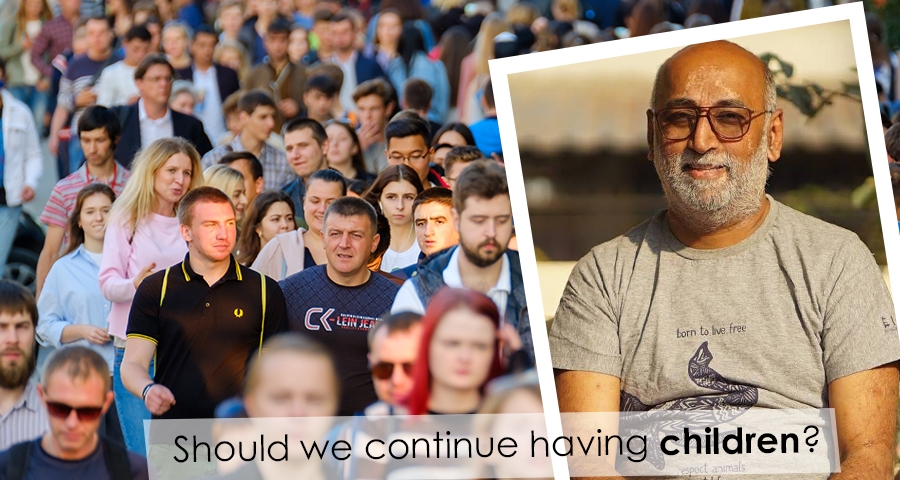
Kids! Yes or No? - The Big Picture
It just seems a ridiculous question to ask – IS IT OKAY TO HAVE CHILDREN?
Before I get started, some obvious statements need to be put forth, for the inevitable question that will be asked. Do I have children, yes I do and two of them, and therefore remember I am guilty of some of the points I will make here.
With that aside, let me tell you that it is a highly emotional and psychological topic – and like it or not, concerns a larger family, society, and community when it comes to having and raising children.
-min.jpg)
An average Indian city street
For all the privacy revolving around the biological side of making babies, this is one hot social topic in every part of the globe, a lot more in patriarchal societies where the primary role of a woman is considered to be producing offspring, mostly male ones, if you will!
Marriages have broken, families split lives lost, respect compromised in the pursuit of having heirs, and with science fuelling desire, properties sold, jewelry pledged, money borrowed, funds raised as couples rush to fertility factories for clinical interventions to do the magic. And in many countries, religious heads, tantriks, astrologers, touts, and shrinks exploit weak-kneed couples with claims of ‘curing’ infertility, while countries like China make fortunes out of selling aphrodisiacs from various animals parts to ‘improve’ virility and consequently, fertility!
To understand this better in the context of the future, let us get into some understanding of the past to know how we got to where we are today, shall we?
-min.jpg)
Human Population Growth - Time Span - 1,200 Years
Now, let us crunch our timelines a bit. Very little data is available for the years pre-18th century, however, drastic changes have happened in the last 50 years, and the occurrences of the last few decades are defining our next few years and future! So, what exactly has been the impact of this population explosion of humans, on the planet?
Human life has always revolved around freshwater bodies, river beds the pivotal point of communities and civilizations. Our lives revolved around them and human settlements were built on coexisting as a part of the biodiversity. But the last 200 years have changed all that.
-min.jpg)
Modern Settlements
So, while our demand for freshwater is increasing, we are rapidly contaminating it, making over half the freshwater available unusable.
This now throws up some startling numbers – of the total land surface of the earth (30% of earth’s surface), the inhabitable land is 104msk [million square kilometers] and half of this land under agriculture – 51msk. Of this 51, 77% or 40msk is land under cultivation to feed out 30 billion livestock, and only 23% or 11msk for human consumption!
Animals in livestock produce close to 500 million tons of excreta a year, all of which is going into our freshwater bodies and land-destroying arable land. 40 years ago this figure was at 85 million tons!
-min.jpg)
Global Sustainability Statistics [1]
Let me places these numbers in better perspective for you. Land used for livestock and cultivation to feed livestock takes up a surface area equivalent to North, South & Central America combined, as against this freshwater area available on earth that equals all of Mongolia!!
Since 1900, more than 50% of types of wetlands have disappeared, freshwater species declined 76% between 1970 and 2010, which has rapidly destroyed the biodiversity that in turn has destroyed land fertility, water retention, and precipitation – directly responsible for a drop in rainwater and increase in floods.
A WWF study shows that only 64 of the 177 large rivers in the world (1,000km and longer) remain free-flowing, while only 21 of them retain a direct connection with the sea.
Of the 7.6 billion humans today, about half, at 3 billion are urban dwellers, and 1 billion live below the poverty line. By 2030, five billion people will be in cities, and those below the poverty line will double to 2 billion, bringing pressure on every conceivable urban infrastructure like dwelling, roads, transport, water, and sanitation.
-min.jpg)
It's getting a bit crowded
South Asian countries are the largest growing in the world, almost 2 billion people are here. Why is this important? These are rice eating people, which consumes two times more water than wheat, oats or corn!
So countries with the highest levels of population growth, with lowest means to nutrition and healthcare will also be the countries with the highest increase in the need for freshwater.
Ironically, these are the same countries showing fastest growth in per capita consumption of meat and dairy, together accounting for over 70% of all freshwater consumption.
-min.jpg)
Unsustainable takeover of Planet Earth
Mull over these numbers and you will see what the future beholds. In 30 years from now, we will lose more lives to lack of fresh water, territorial battles for access to water, and diseases born out of poor sanitation, and this will impact rural, urban poor and rich in equal measure.
The impact of the changing ecosystem, the rapidity at which natural resources are getting depleted will all give rise to chaos propelled by deprival, inadequacy and a fight for the survival of the fittest, in this era marked by economic and nuclear prowess!
-min.jpg)
Global Sustainability Statistics [2]
Covering all of the above, we have but a glimpse of the serious predicament we're currently entering into as a species. Stay tuned for the 2nd part of this article, where we will delve further into population growth, health, infancy to adulthood statistics, human consumption, urban dismay, and more.
Disclaimer: The views mentioned in the article are solely the authors. Vegan First is an unbiased digital publication and platform for everything vegan.
Statistic Sources :
- World Wildlife Fund
- Our World In Data
- My Food Print
- Ecology Global Network
- The Guardian
- One Green Planet
Like this?
Read: Why 30% Of The World’s Land Mass Is Used For Animal Agriculture
Read More: What is Animal Farming and How does it Affect us?
AUTHOR
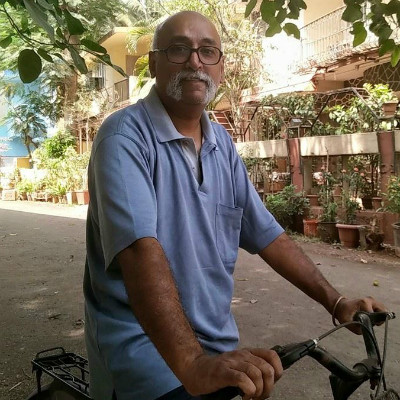
trending
Be a Vegan First Informer
Send us buzzworthy news and updates
related
Explore
Contact Us
About Us
Stay Connected
Copyright ⓒ 2017-2023. VEGAN PASSION PRIVATE LIMITED. All Rights reserved.
For more information, please write to hello@veganfirst.com
Registered Office Address: 55, 2nd floor, lane 2, Westend Marg, Saidullajab, Near Saket Metro Station, New Delhi, Gadaipur, New Delhi South West Delhi, DL

2.png)

.png)

.png)
2.png)
2.png)
2.png)


1.png)



